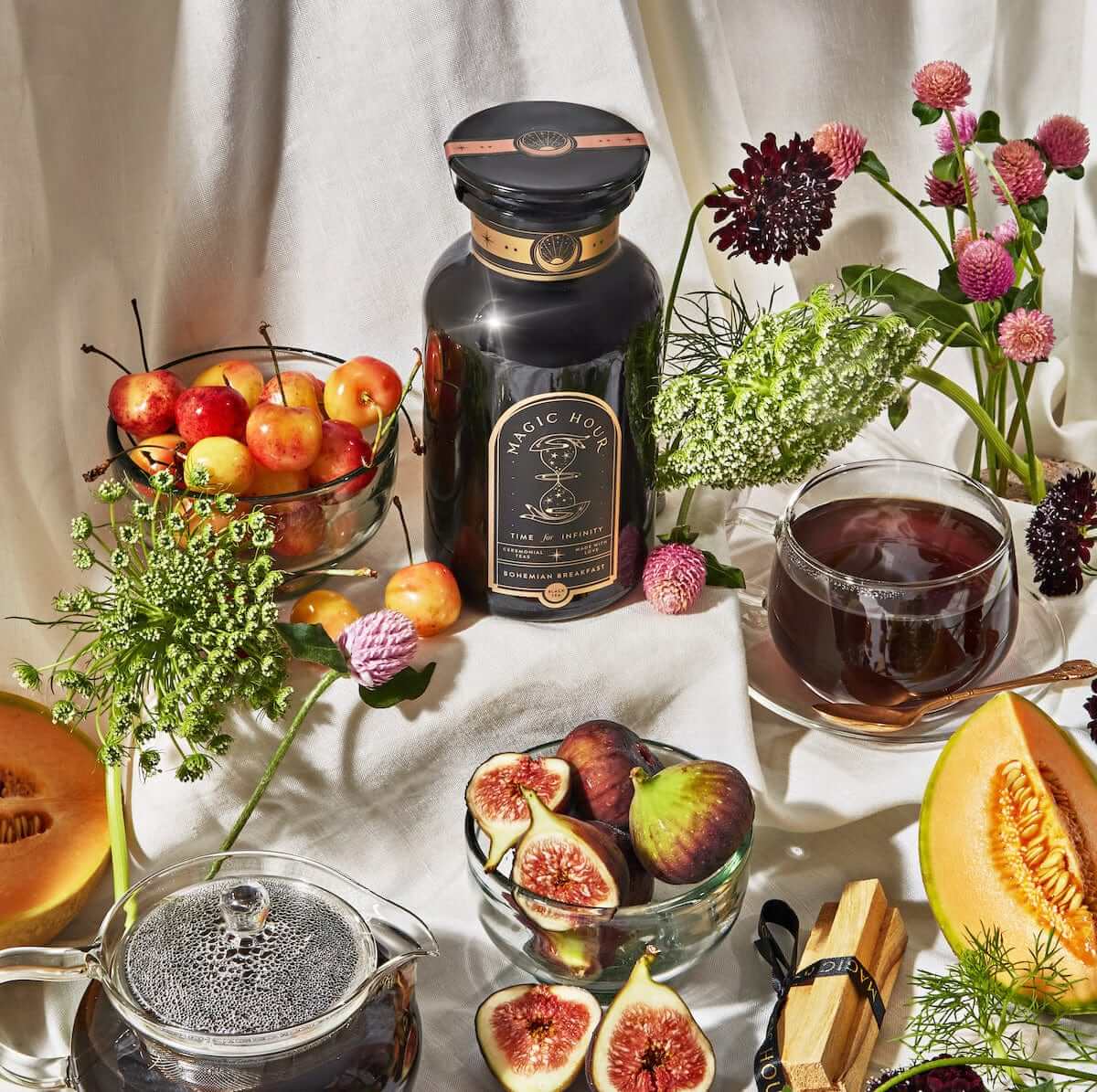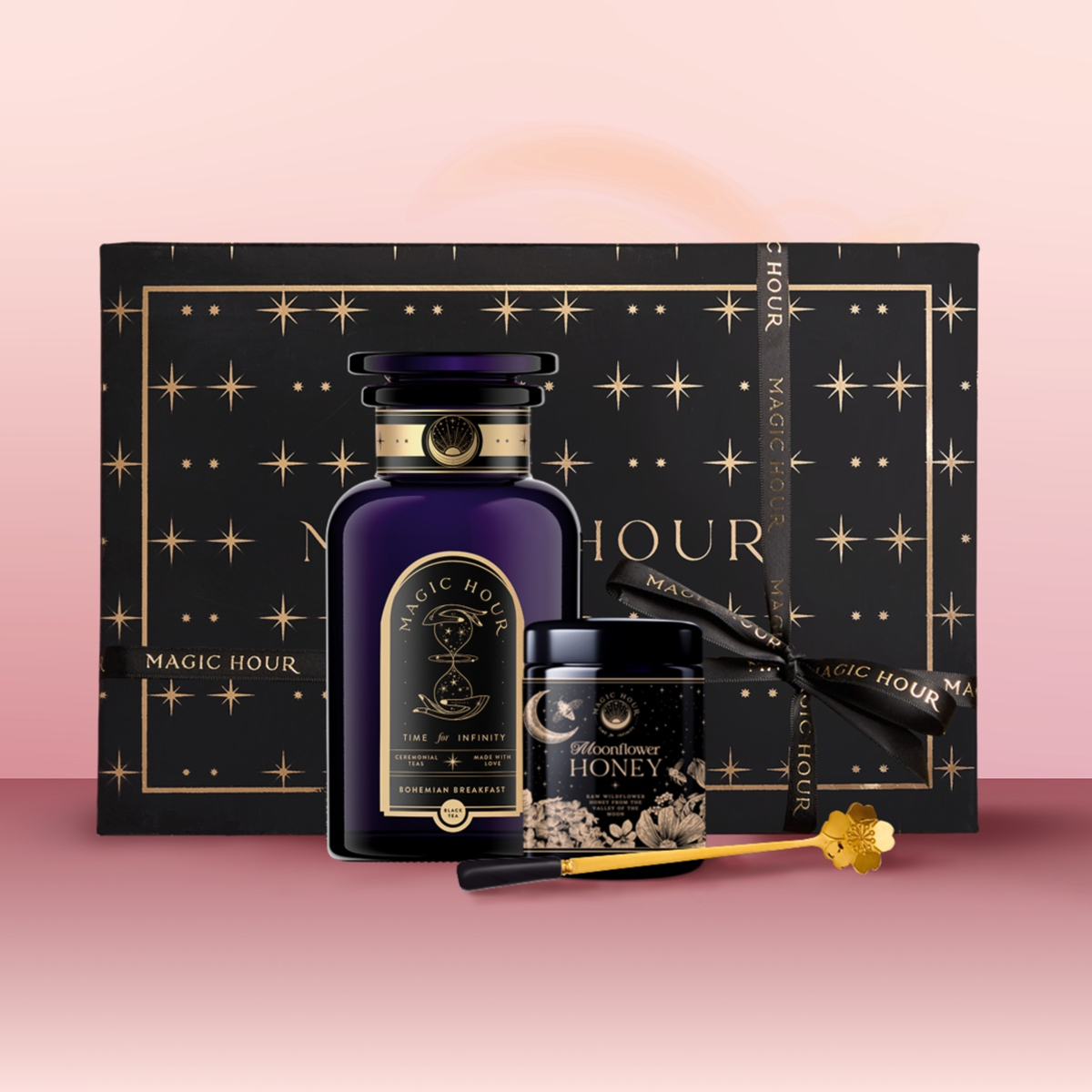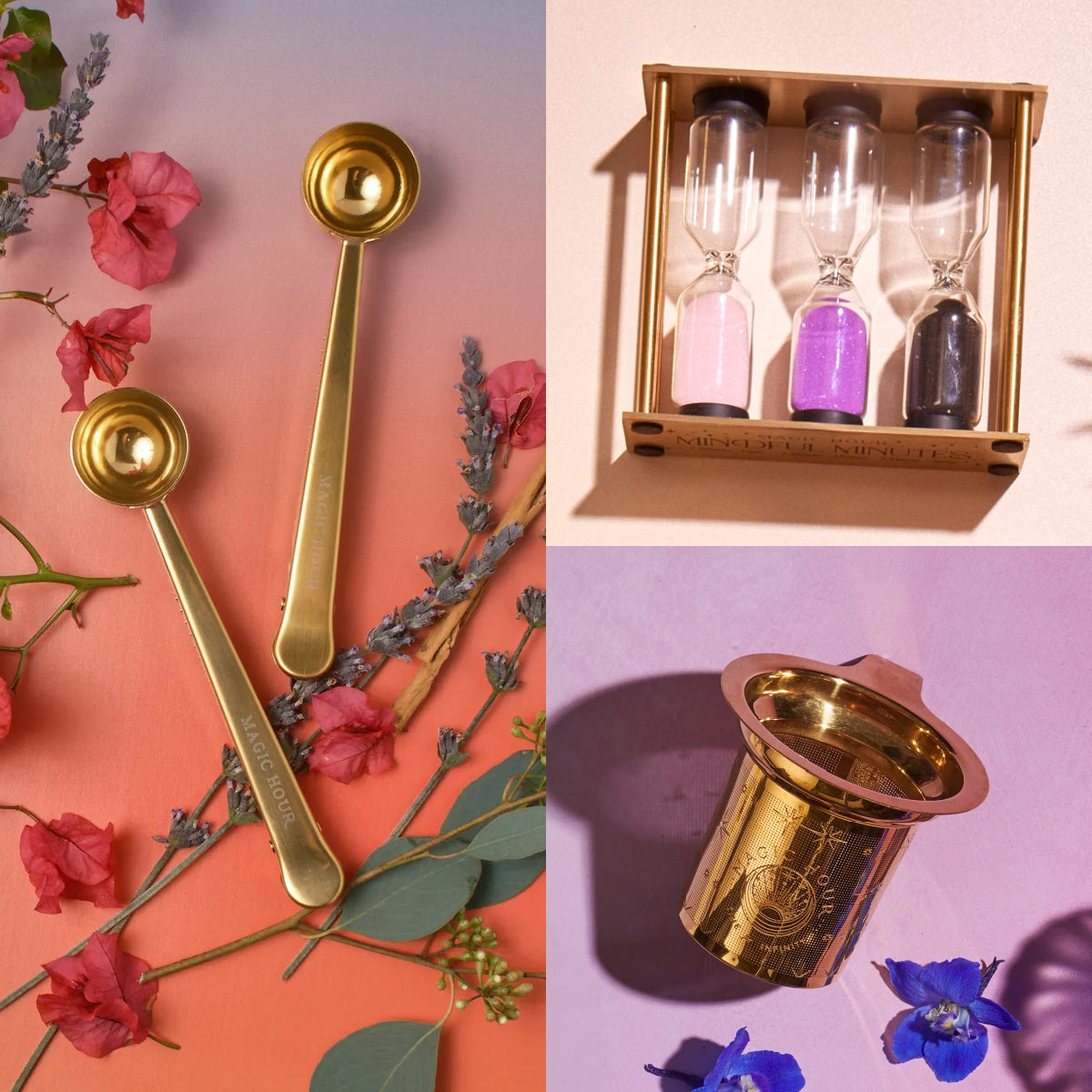Matcha has become a popular alternative to coffee and black tea in the context of health and wellness. But does matcha have caffeine? If so, how much, and how does it compare to other common morning brews?
In this guide, we will answer these questions so you can make an informed choice about trying matcha.
Now, first things first. Let’s dive right into the ultimate question.
Does Matcha Have Caffeine?
Yes, it does! Quite a bit, in fact.
The exact amount depends on various factors, such as the type of matcha (grade) you’re using, the type of tea leaf harvested, and how much powder you use to make each cup.
Generally speaking, there are 19–44 mg of caffeine per gram of matcha powder. Usually, you’ll make a cup of matcha with 2-4 grams of matcha powder.
According to the Pomeranian Medical University, that equals 38–176 mg of caffeine per cup.
(To better understand what that means, we will compare the caffeine amounts in matcha vs. other beverages below.)
If coffee makes you anxious or high-strung, your heart may be hammering just thinking about that much caffeine.
However, the caffeine in matcha functions differently from that in coffee.
Matcha contains a high amount of the amino acid L-theanine. Research by Qatar University shows that this component decreases stress and anxiety and promotes calm and relaxation.
So, matcha may be for you if you’re looking for your morning jolt without the jitters!
What Causes the Caffeine in Matcha?
High-grade matcha is meticulously shaded from the sun during growing. Growers pick the very first harvest of young, tender leaves. The leaves are then ground slowly and intentionally using a traditional stone grinding method or a jet mill.
Because the leaves are so young and fresh, the steaming locks in their vibrancy, nutrients, and high caffeine content.
Matcha powder consists of the entire leaf ground down to a fine, silky powder. This means you are drinking the elements of the whole leaf itself, not just the essence brewed in an infusion.

Drinking the whole leaf also gives matcha its thick texture and robust taste. It’s unique in this way, more dense than the most robust coffee or pot of tea, and entirely different in flavor.

Matcha powder’s caffeine content extracts quicker at higher temperatures. The hotter the water, the more powerful the brew is.
However, making matcha with hotter water will also affect the taste. Boiling water may scorch the matcha and make it bitter—too bitter to be suitable for drinking.
Cooler water makes mellow matcha, so consider water temperature when brewing.
Caffeine in Matcha vs Caffeine in Other Beverages
Okay, so we’ve answered the question: does matcha have caffeine? But how does it compare to your average cup of black tea or coffee?
Here’s a breakdown.
Matcha vs Coffee
Coffee has more caffeine in it than matcha does.
Although, as mentioned before, the exact amount of caffeine in a cup of coffee or matcha depends on the processing and preparation methods.
For instance, the caffeine content of an eight oz. cup of coffee depends on the type of bean, its roast grade, and how much you use when brewing a pot.
The same is true of matcha.
However, according to general guidelines, coffee has about 95 mg of caffeine, while a cup of matcha has about 70 mg.
Matcha vs Black Tea
Black teas generally fall below matcha and coffee with an approximate caffeine range of 40-70 mg per 8 oz. cup.
The same caveats apply here as with matcha and coffee. Exact caffeine amounts depend on the type of tea, how long you steep each tea bag, how big a cup you are using, etc.
For example, does chai tea have caffeine? The answer is yes, depending on how long you steep your tea.
Matcha vs Green Tea
Comparing matcha to green tea is a tad misleading because matcha is a green tea. The primary difference is that when we talk about green tea, we usually mean an infusion of tea leaves in hot water.
This type of green tea has the least caffeine of all three drinks, coming in at 20-40 mg per 8 oz. cup.
Here’s a helpful table to analyze tea vs. coffee’s caffeine content.
|
Beverage |
Caffeine content (per cup) |
|
Matcha |
75-177.6 mg¹ |
|
Green tea |
30-40 mg² |
|
Black tea |
47-90 mg³ |
|
Coffee |
75-165 mg⁴ |
Benefits of Drinking Matcha
So, what are all these matcha benefits that people are raving about?
Like all teas from the Camellia sinensis plant, matcha is rich in antioxidants. Antioxidants help protect your cells from unstable molecules called free radicals.
This helps prevent cancer and heart disease and boosts general immunity, health, and weight management.
In addition to the above benefits, Qatar University's 2023 review of the therapeutic potential of matcha tea found that catechins and EGCG in matcha also lower blood pressure and promote cancer-fighting properties.
Believe it or not, a review in the Journal of Family Medicine and Primary Care found links between drinking green tea and improved dental health.
As if all this wasn’t enough, the caffeine content we mentioned earlier enhances brain activity and productivity (according to the same Qatar University study) instead of making you jumpy like some other caffeinated beverages. (Looking at you, espresso!)

Potential Drawbacks of Drinking Matcha
So, we’ve discussed the health benefits of drinking matcha, but there are also some drawbacks.
Consider these.
Lower caffeine: While we’ve already answered the question, does matcha have caffeine? For some, drinking a morning beverage with less caffeine is a plus.
However, if you’re used to drinking lots of coffee with more caffeine than matcha, you may experience some withdrawal symptoms of caffeine.
This could cause you to drink more matcha to compensate, inadvertently leading to some undesired effect of match over-consumption.
Digestive discomfort: Matcha is generally quite easy on the tummy, but some drinkers have experienced discomfort, including nausea and stomach cramps.
This especially happens if drinking matcha on an empty stomach. The New York Post reported on how diehard matcha drinkers are suffering severe indigestion. When the tea hits your digestive tract, it temporarily raises stomach acid levels, causing this issue.
Heavy metal exposure: Exposure to heavy metals is a consideration for some matcha drinkers.
A study by the Medical University of Gdansk examined heavy metals in green tea and discovered that the region in which green tea leaves are grown affects their heavy metal contamination.
However, the consumption of green tea from China, Japan, and India is not associated with health hazards related to exposure to heavy metals. Up to five cups of green tea (per day) did not pose any health risks.
Like most good things in life, the secret to enjoying matcha’s optimal benefits is moderation. Overindulge and your enjoyment can quickly sour.
Does Matcha Have Caffeine? Matcha in Moderation is Key
Matcha is a wonderful beverage to consider if you want to replace your morning coffee with various matcha breakfast recipes. It is good for the body and has many health benefits.
Remember that matcha doesn’t necessarily have a cup-for-cup exchange rate for coffee. You may drink a pot of coffee in a day, but drinking that much matcha could result in digestive issues or other unwanted symptoms.
However, in moderation, matcha is a healthy way to start your day and stay calm and focused as you go about your daily tasks.
We have curated some of the best high-grade matcha powder available and would love to share it with you. Browse the Magic Hour Shop for your next taste experiment.







